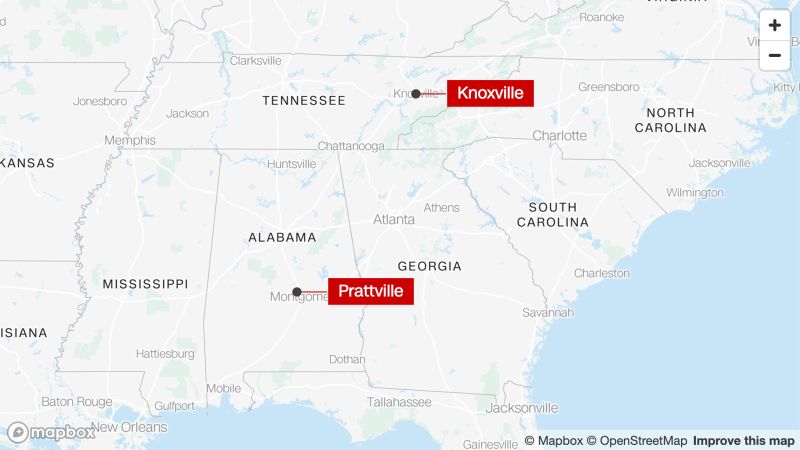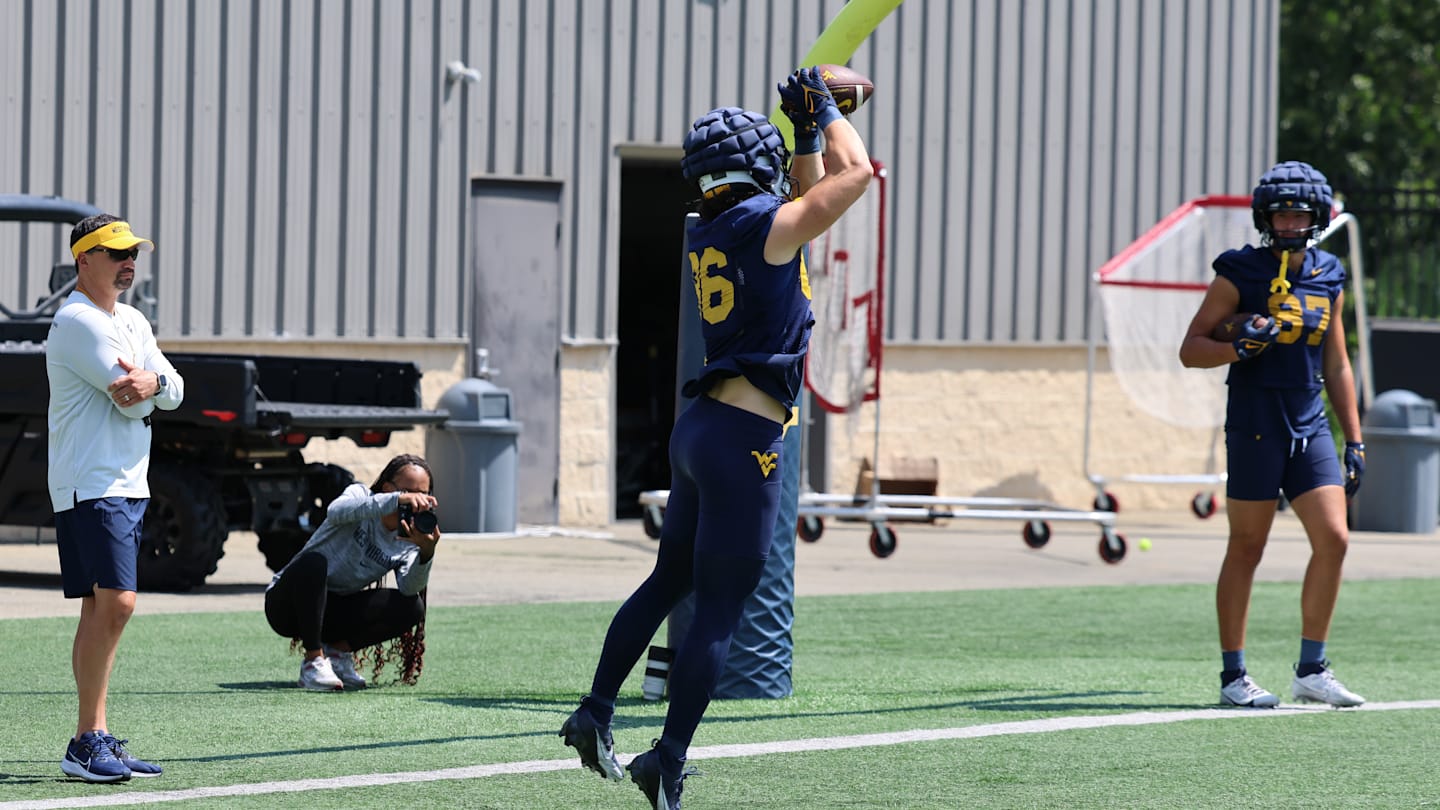CNN
—
A Tennessee woman was indicted on federal charges after allegedly attempting to hire a hitman to kill the wife of a man she met on a dating site.
Melody Sasser, 47, of Knoxville, Tennessee, was taken into custody last month for allegedly trying to arrange the murder. She was indicted on “use of interstate commerce facilities in the commission of murder-for-hire” on June 7th, according to a news release from the US Attorney’s Office for the Eastern District of Tennessee.
According to court documents, Sasser was upset when she found out a man she had met on a dating website got engaged – and she later sought to have his new wife murdered using an online market.
Investigators in Alabama first learned of the alleged murder-for-hire plot on April 27 after receiving information from a foreign law enforcement agency, according to a criminal complaint filed in the US District Court for the Eastern District of Tennessee on May 11.
The tip-off from the foreign agency contained messages between a user and administrator of a site on the “dark web” known as Online Killers Market, which “purports to offer ‘hitman for hire’ type services,” the complaint says. The site allows users to submit an “order” for specific services, including “full intended victim details,” according to the complaint.
Screenshots taken from the site show that the order for the murder-for-hire in Sasser’s case was placed on January 11, according to the complaint.
The user account “cattree,” which authorities believe belonged to Sasser, describes in detail how she wanted the murder to be handled. “It needs to seem random or accident. or plant drugs, do not want a long investigation,” the user wrote, according to the complaint.
The user also uploaded a photo of the intended victim, identified only with by the initials J and W in the criminal complaint, and details about her home, vehicle, and work schedule. Authorities believe Sasser used the hiking app “Strava” to track the woman and her husband’s movements, even sharing details on the dark web about a two-mile hike the intended victim had taken. The woman was living in Prattville, Alabama, at the time, according to the complaint.
Sasser paid for the order through Bitcoin purchases over the span of several months, totaling about $9,750, the complaint states. Authorities matched her Bitcoin purchases at a cryptocurrency ATM to the payments sent by “cattree.”
As weeks went by after the order was submitted, “cattree” sent follow-up messages to administrators on the Online Killers market website asking why the job was still uncompleted, according to the complaint. She eventually sent more Bitcoin to the administrators to have another purported hitman assigned to the task.
When authorities informed the victim that there was a threat to her life, she identified Sasser as a possible suspect, according to the complaint.
The woman told law enforcement that her husband and Sasser were “hiking friends” in Knoxville before he moved to Alabama, the complaint said. The victim said Sasser traveled to the man’s Prattville, Alabama, home unannounced last fall after he told her he was engaged to be married, to which she responded, “I hope you both fall off a cliff and die,” according to the complaint.
The woman also said that she began receiving “unpleasant phone calls” from someone disguising their voice through an electronic device after Sasser’s unannounced visit and that her car was keyed.
The woman’s husband told police that he and Sasser met on Match.com. He also said Sasser had helped him plan to hike the Appalachian Trail.
If Sasser is convicted, she faces up to 10 years in prison, a $250,000 fine, restitution, and a maximum three-year term of supervised release, according to the US Attorney’s Office.
CNN has reached out to an attorney listed for Sasser for comment.

























/cdn.vox-cdn.com/uploads/chorus_asset/file/25789444/1258459915.jpg)

/cdn.vox-cdn.com/uploads/chorus_asset/file/25546252/STK169_Mark_Zuckerburg_CVIRGINIA_D.jpg)

/cdn.vox-cdn.com/uploads/chorus_asset/file/23951353/STK043_VRG_Illo_N_Barclay_3_Meta.jpg)
/cdn.vox-cdn.com/uploads/chorus_asset/file/24924653/236780_Google_AntiTrust_Trial_Custom_Art_CVirginia__0003_1.png)